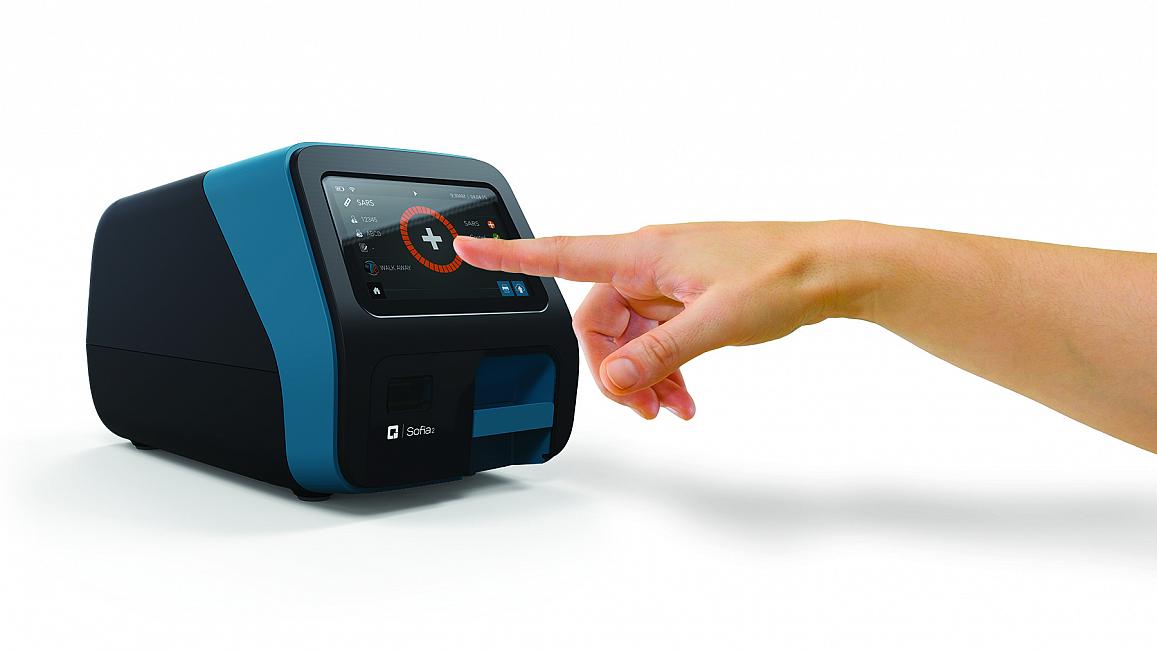
The National Institutes of Health (NIH) has awarded $248.7m in grants to seven diagnostic companies to boost the deployment of Covid-19 testing technologies in the US.
The grants have been awarded to a range of new lab-based and point-of-care tests that can be performed in a variety of settings to meet diverse needs.
The selected Covid-19 testing technologies are expected to significantly increase the number, type and availability of tests in the country by millions per week by September 2020.
The grants awarded by the NIH are part of the Rapid Acceleration of Diagnostics (RADx) initiative, which was launched in April to extend the range and increase the availability of diagnostic tests for SARS-CoV-2, the virus that causes Covid-19.
The RADx programme aims to expand SARS-CoV-2 daily testing capacity to approximately 6 million by December of this year.
It was launched by the NIH after it $1.5bn in emergency funds from Congress to increase the availability of the number of rapid tests to millions.
Health and Human Services Secretary Alex Azar said: “RADx moved incredibly quickly to select promising technologies through its ‘shark tank’ approach, investing in technologies that could boost America’s best-in-the-world COVID-19 testing capacity by millions more tests per day.
“These technologies will help deliver faster results from labs and more and more test results within minutes at the point of care, which is especially important for settings like schools and nursing homes.”
NIH issued a nationwide call for rapid Covid-19 testing technologies
NIH has received a total of more than 650 applications for the grants, following a nationwide call for rapid Covid-19 testing technologies.
Out of the total applicants, seven companies have been chosen for scale up, manufacturing and delivery to the marketplace through RADx.
The companies include Mesa Biotech, Quidel, Talis Biomedical, Ginkgo Bioworks, Helix OpCo, Fluidigm and Mammoth Biosciences.
Mesa Biotech, Quidel, and Talis Biomedical provide point-of-care tests that can used at offices, manufacturing facilities, childcare centers, nursing homes and schools.
The remaining four companies have developed laboratory-based testing technologies including next generation sequencing, CRISPR and integrated microfluidic chips that could dramatically increase testing capacity.
NIH Director Francis Collins said: “The RADx initiative has enabled some of the nation’s most creative biomedical device inventors to ramp up development of their testing technologies at unprecedented speed.
“The innovations selected to date represent the diverse types of promising technologies that will serve the nation’s testing needs.”






